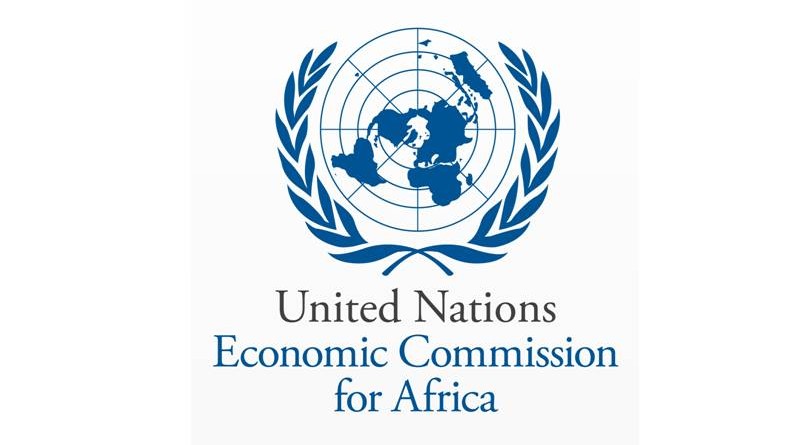ECA and partners in innovative project to harness demographic dividend and gender equality in Africa
The Economic Commission for Africa (ECA) and the Economic and Social Commission for Asia and the Pacific (ESCAP), with the support of the United Nations Population fund (UNFPA), are implementing an innovative project to harness the twin potential of the demographic dividend and gender equality in Africa and Asia and the Pacific for sustainable development.
The project entitled Demographic Dividend with a Gender Dimension: Entry Points for implementation of Sustainable Development Goals in Africa and Asia and the Pacific is being implemented over a period of four years, from 2018 to 2021.
It aims to strengthen the capacity of member States and regional economic communities to mainstream gender into national policies and programmes, promote youth development and enhance national evidence-based policies to reduce inequalities and reap the demographic dividend.
To review and validate knowledge products which aim to enhance the capacity of member States to integrate the demographic dividend and gender equality dimensions into their policies, plans and strategies geared towards the attainment of the SDGs, the UN entities have organized a Regional Dialogue Workshop on Demographic Dividend with a Gender Dimension – Entry Points for Implementation of SDGs in Africa and Asia and the Pacific.
The two-day workshop, which is currently underway, is meant to provide a platform for selected member States to share best practices, exchange knowledge and experiences on enhancing the nexus between gender equality and the demographic dividend.
In opening remarks to the workshop, Ms. Thoko Ruzvidzo, Director of the Gender, Poverty and Social Policy Division at the ECA said;
“This work is timely. We are at a defining moment for concrete actions to ensure that implementation of the sustainable development goals truly recognizes how Africa’s people –young and old; women and men; – are central to the continent’s transformation. It is important that we continue to be passionate and raise the profile of gender and population issues in the agenda on sustainable development.”
She said the ECA has been working on elevating the role of gender in development policy for over a decade now.
“We also work on population and development issues, providing support for member States to harness the demographic dividend. We work closely with countries to enhance their capacity to mainstream gender and population matters in their national plans and provide technical assistance for data collection, rigorous analysis and awareness raising and advocacy,” added Ms. Ruzvidzo.
For his part, Mr. Désiré Assogbavi, UNFPA Resident Representative to the African Union and ECA, said sustainable development cannot be achieved without assuring that all women and men, and, girls and boys, enjoy the dignity and human rights to expand their capabilities, secure their reproductive health and rights, find decent work, and contribute to economic growth.
Developing policies and investments to secure that future, he said, requires that governments know the size, sex, location and age structure of their present and future populations.
“Countries with the greatest demographic opportunity for development are those entering a period in which, the working-age population has good health, quality education, decent employment and a lower proportion of young dependents,” said Mr. Assogbavi.
For her part, Ms. Lehau Victoria Maloka, Head of Division Women, Gender and Development Directorate at the African Union Commission said the AUC recognizes the central importance of the demographic dividend to the continent’s transformative development.
“Over the years, it has become evident that a demographic dividend lens offers a strategic basis for focusing and prioritizing investments in people in general and especially women, and youth particularly young women, who constitute over 50 percent of Africa’s population,” she said.
She added that Agenda 2063 also calls for investment in women and youth, especially young women, in realizing its vision for an integrated Africa where development is people-driven, unleashing the potential of its women and youth.
Participants reviewed and validated knowledge products and policy tools under development by the UN entities, including situation analyses for five countries, an operational manual to integrate gender equality and demographic dividend into national development plans and sectoral policies and a statistical dashboard and gender-demographic dividend index as a monitoring tool.
The regional workshop will feed into national capacity development workshops during which technical support will be provided to member States for the domestication of the knowledge products and policy tools.



